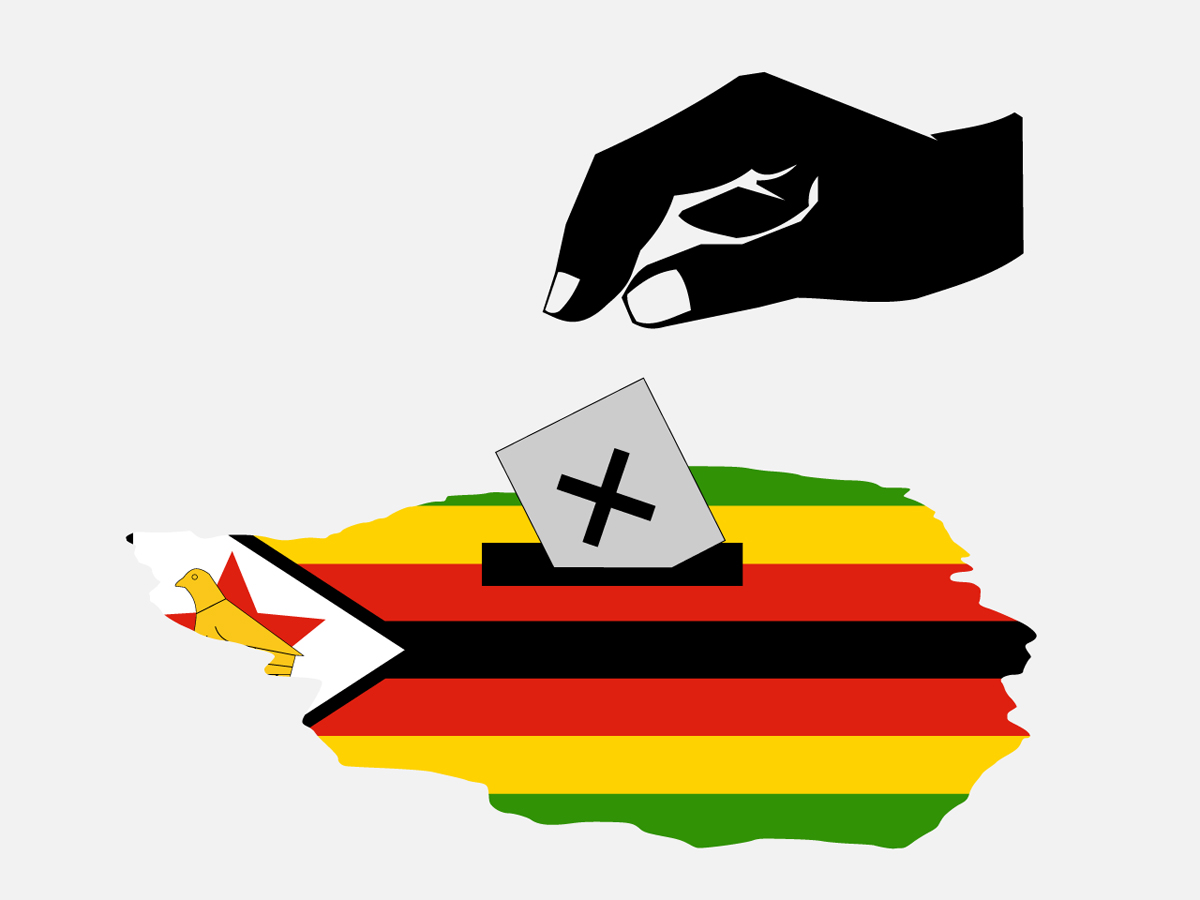INFLATION in Zimbabwe peaked at 280 percent in December 2022, one of the highest rates globally.
The Zimbabwean dollar also weakened, trading at $930 to the US dollar on the parallel market — a steep decline after two months of relative stability at $700 to the US$ This led to plummeting living standards in the country where 7.9 million people, amounting to half of the population, fell into poverty between 2011 and 2022.
Ahead of the crunch 2023 presidential elections, proposed currency reforms by the incumbent President Emmerson Mnangagwa’s administration have already been put on hold. Unsurprisingly, economists, political scientists and multilateral institutions are sounding the alarm that the trend of declining economic fundamentals could continue till next year as a result of the elections.
During a recent visit to the country, the International Monetary Fund (IMF) predicted a further fall in gross domestic product (GDP) by 3.5 percent in the coming year due to among other things, “renewed domestic and external shocks (inflation surge, erratic rainfall, electricity shortages, and Russia’s war in Ukraine) … adversely affecting economic and social conditions”.
“These multiple shocks will continue to weigh on Zimbabwe’s growth prospects,” the IMF said in December. Analysts say years of economic mismanagement under Zimbabwe’s first leader, Robert Mugabe have stymied the economy, further exacerbated by hyperinflation and the currency devaluing rapidly.
For Gift Mugano, a visiting professor of economics at the University of Zimbabwe Business School, the country’s 2023 economic outlook is gloomy. “The year 2023 will be very dire, driven by spill-over effects of difficulties we encountered in 2022,” he said.
Due to increased government spending as the central bank prints more money for contractual obligations to government suppliers and to finance agriculture, the local currency is expected to continuously weaken against leading currencies. In November last year, inflation stood at 255 percent, one of the highest in the world.
But Mugano predicts that inflation and exchange rate could more than double by the second quarter of 2023. Furthermore, there are fears that while the central bank continues to dictate the exchange rate, there is no hope for convertibility determined by free market conditions.
In its statement after its visit to Harare this month, the IMF urged authorities to sustainably anchor macroeconomic stability through the liberalisation of the foreign exchange market, ensuring the central bank does not print money through quasifiscal operations, maintaining tight monetary policy stance and winding down the use of gold coins. But economists doubt authorities will heed the advice.
“Zimbabwe is entering a very volatile social and economic period which needs level political minded leaders to handle this with care, but I don’t see [the authorities] having that capacity to think straight in terms of management of the affairs of Zimbabwe,” Mugano said.
The war in Ukraine and high inflation have also affected the agriculture sector. In Zimbabwe, which relies on fertiliser imports from Ukraine, prices shot up from US$28 to approximately US$55 per 50-kilogramme bag, pushing bread price, an everyday staple, above the reach of many people. — Al Jazeera




